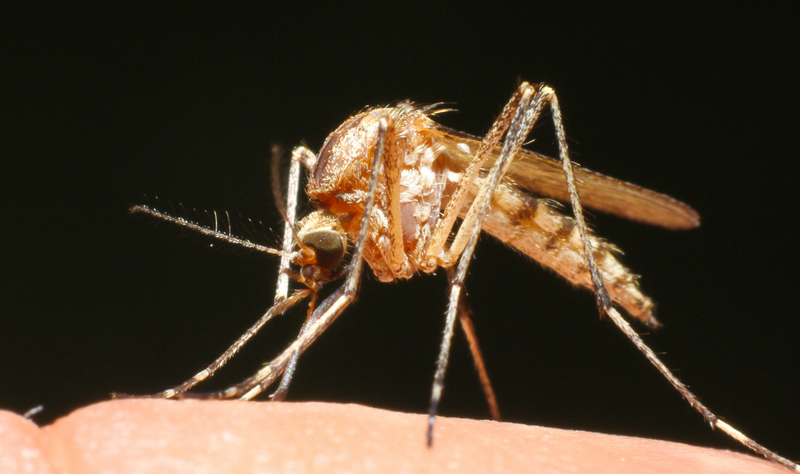The Causes, Symptoms And Treatment Of Malaria
Malaria is a deadly blood disease transmitted to humans through mosquitoes in which the person bit is infected with parasites that multiply in the liver where they eventually infect and destroy red blood cells, which carry oxygen throughout the body. Malaria occurs mostly in tropical areas of the world but hit a forty year record high in the United States in 2011. It can be treated if caught during the early stages of its development. Here are the causes, symptoms, and treatments.
8. Causes

Malaria occurs when an infected mosquito bites a human and injects a parasitic infection into the bloodstream where it lays dormant in the liver. After being bitten by an infected mosquito, the person affected will not show symptoms for up to sixteen days while the parasite begins to multiply asexually, or without a partner. The new parasites are released into the bloodstream where they infect red blood cells while other parasites remain in the liver. A mosquito becomes infected once it bites a person who already has the decease.
7. Uncomplicated Malaria

Malaria symptoms are divided into two categories: uncomplicated and severe. Uncomplicated malaria occurs when symptoms are present, but there are no clinical signs of severe problems with vital organs. Detecting uncomplicated malaria early is the best way to treat the disease; however, symptoms are often misdiagnosed or not diagnosed at all in areas where malaria is uncommon. People who live in regions where malaria is prevalent often try to self-medicate at home, but this is not recommended.
